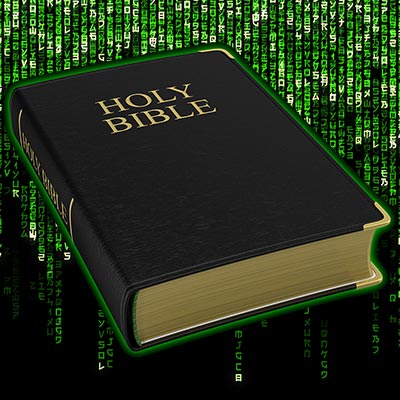While atheists in general have the unassailable neutral position of "I do not believe a god exists because of insufficient evidence", I think we can make significantly strong statements about gods.
Some gods are so incoherently defined and logically inconsistent that they cannot logically exist as defined. For example, the Omni-gods which is all powerful, all knowing and all loving have this contradiction. This contradiction has been well understood by Greek philosophers as early as 500 BCE. Apologists understand that this is a contradiction too and have redefined their gods to be maximally powerful as to not fall into contradiction. The Bible god falls into this category.
Other gods are more carefully defined and/or not logically impossible.
My claim is that we understand the laws of physics sufficiently well to rule-out the existence of large classes of possible gods.
Sean Carrol notes "The laws of physics for everyday life are completely understood". This statement is while shocking is not controversial to people who understand physics. And there simply is no room within the gaps of our knowledge for any god-like thing to exist.
Common criticisms of this point are as follows
1. "But we don't know everything". This is irrelevant because we don't need to know everything when we understand the boundaries of the possible. I don't need to know the number of grains of sand on a beach to know that it is a large but finite number...
2. "But god can break the rules". If such a god operates in the physical world, then we would see results of such a god. We don't see any god operating but many many examples of no god acting in the world on any level.
3. "But god is the physical laws of the universe". A redefinition of god into 'the physical laws' is just a version of deism and equivalent to a non-existent god.
4. Clark's Third Law "Any sufficient technology will be seen as magic". This is a literary rule-of-thumb not a physical law. It also makes a unfalsifiable claim that has no evidence. No matter what technology a god might be using, it will be based in physical law... not magic. And we typically don't refer to advanced technological beings as being gods.... although we have yet to see any evidence for such beings existing outside of fiction.
***
My claim is: The bible god absolutely doesn't exist and our understanding of physical law is sufficient to rule out the existence of anything we would label gods.
Some gods are so incoherently defined and logically inconsistent that they cannot logically exist as defined. For example, the Omni-gods which is all powerful, all knowing and all loving have this contradiction. This contradiction has been well understood by Greek philosophers as early as 500 BCE. Apologists understand that this is a contradiction too and have redefined their gods to be maximally powerful as to not fall into contradiction. The Bible god falls into this category.
Other gods are more carefully defined and/or not logically impossible.
My claim is that we understand the laws of physics sufficiently well to rule-out the existence of large classes of possible gods.
Sean Carrol notes "The laws of physics for everyday life are completely understood". This statement is while shocking is not controversial to people who understand physics. And there simply is no room within the gaps of our knowledge for any god-like thing to exist.
Common criticisms of this point are as follows
1. "But we don't know everything". This is irrelevant because we don't need to know everything when we understand the boundaries of the possible. I don't need to know the number of grains of sand on a beach to know that it is a large but finite number...
2. "But god can break the rules". If such a god operates in the physical world, then we would see results of such a god. We don't see any god operating but many many examples of no god acting in the world on any level.
3. "But god is the physical laws of the universe". A redefinition of god into 'the physical laws' is just a version of deism and equivalent to a non-existent god.
4. Clark's Third Law "Any sufficient technology will be seen as magic". This is a literary rule-of-thumb not a physical law. It also makes a unfalsifiable claim that has no evidence. No matter what technology a god might be using, it will be based in physical law... not magic. And we typically don't refer to advanced technological beings as being gods.... although we have yet to see any evidence for such beings existing outside of fiction.
***
My claim is: The bible god absolutely doesn't exist and our understanding of physical law is sufficient to rule out the existence of anything we would label gods.

